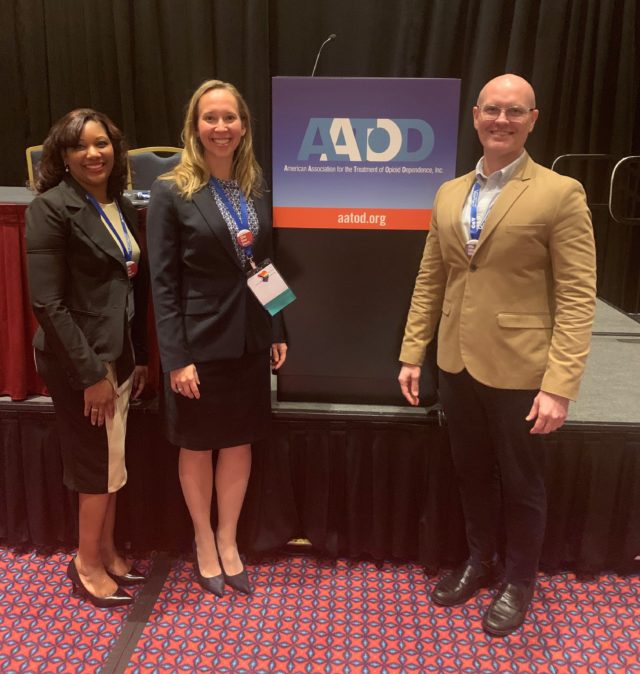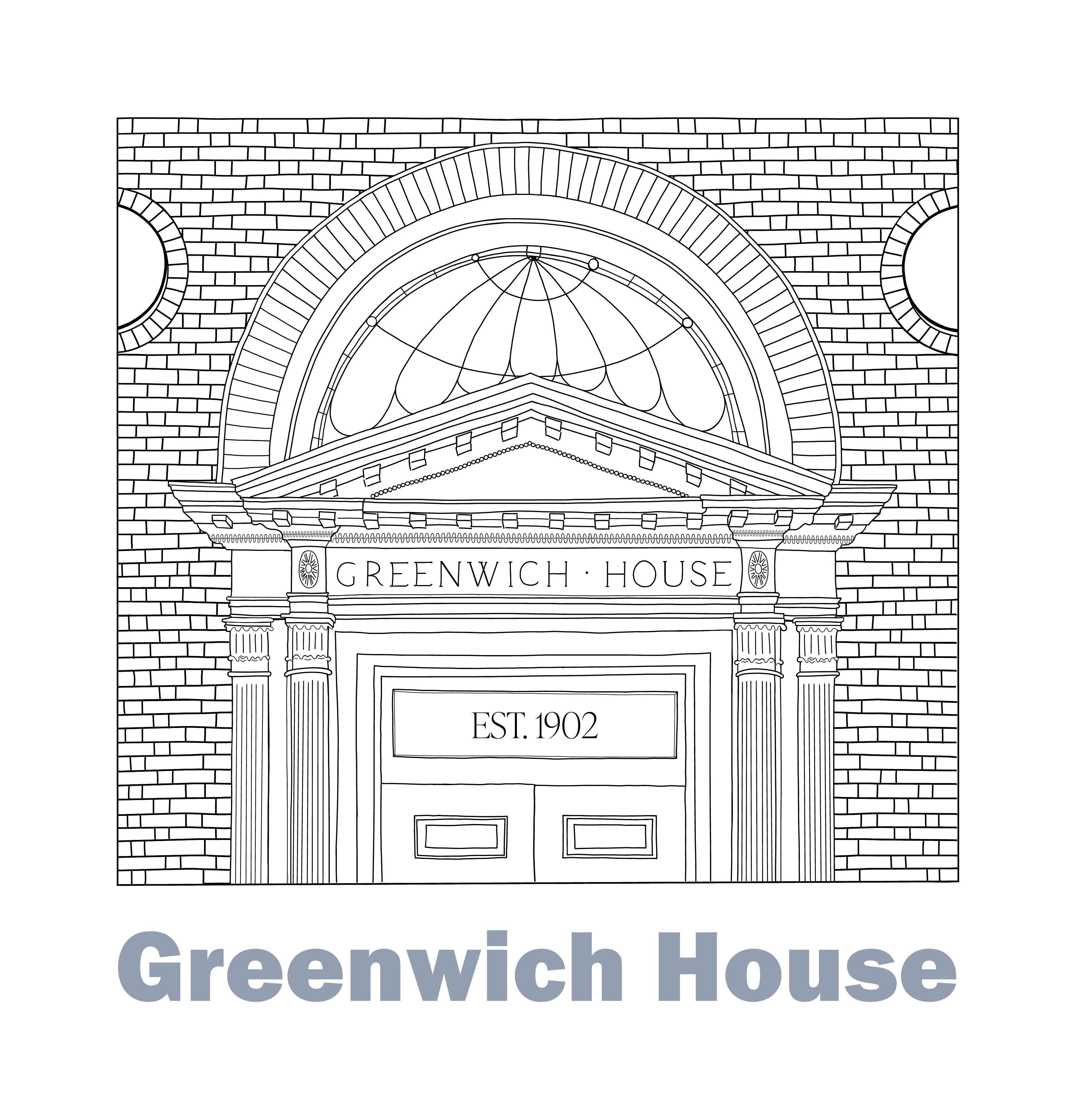MMTP Staff Presents on Importance of LGBT+ Inclusivity in Treatment Centers at AATOD Conference

October 25, 2019
On October 21st, Corey Love, Dr. Sara Taki and Hani Members from the Methadone Maintenance Treatment Program (MMTP) presented “Improving LGBT+ Care Through Inclusivity: A Community-Based Perspective” at the American Association for the Treatment of Opioid Dependence (AATOD) Conference in Florida. The presentation aimed to raise awareness about the importance of sensitivity towards the LGBT+ community at treatment centers, and to provide a model for how centers around the country can easily and effectively implement changes to create a more inclusive environment.
Taking these steps addresses a dire need. According to the 2015 National Survey of Drug Use and Health conducted by the Substance Abuse and Mental Health Services Administration, members of the LGBT+ community are 50% more likely to develop substance abuse problems in general and have a three times greater risk of abusing opioids specifically than their heterosexual counterparts. The stress and mental toll of a life consistently affected by discrimination, marginalization and victimization can lead people to seek out substances that might provide some relief. They also are more likely to be prescribed opioids by a medical professional for pain relief (58% of LGBT+ respondents between the ages of 35 and 44 reported being prescribed an opioid compared to 35% of heterosexual respondents), which can lead to addiction.
However, when they seek help they have less places to turn. A center that offers specialized treatment results in significantly higher success rates, but the National Institute on Drug Abuse found that only 7.4% of clinics in the United States offer any kind of services tailored to the LGBT+ community. If none are available, 40% of clients will end up leaving treatment before they’ve broken their addiction. This may be due to reasons ranging from discomfort over implicitly not feeling welcome at the center to outright discrimination or harassment. Over the past ten years, staff at MMTP have been fostering a more inclusive environment that reflects their low-barrier community-based approach to treatment, and they hope that presenting at the AATOD Conference will help improve these alarming statistics.
Intake Coordinator Corey Love, MSEd., LMHC has been spearheading these efforts. “Agencies tend to default to heterosexuality and the gender binary. We need to expand how intake and charting is done, for example. Forms should ask about preferred pronouns, and those pronouns should be respected from the person at the front desk to the medical professionals doing exams or administering treatment. Staff should be able to have nonjudgmental conversations about a patient’s lifestyle or sexual history no matter what their identity is.” Providing trauma-informed care is also important for addressing potential needs, as is being able to have informed discussions about any concerns patients may have about how to manage Methadone or Burprenorphine while taking other medications like hormone therapy or PrEP.
Hani Members, Physician Assistant, notices a shift in how patients interact with their medical providers as well. “Patients feel more comfortable opening up with us and sharing problems that they’re having that aren’t only specifically related to their treatment.” This can allow for a more thorough, well-rounded treatment plan that also addresses underlying or concurrent issues that will help their treatment be more effective and long-lasting. Plus, clinical alliance is the number one predictor of positive treatment outcomes. While prioritizing cultural competence for LGBT+ patients takes effort and commitment, working to build that relationship and foundation of trust will help both patient and provider succeed.
Thankfully, treatment centers across the country seem to be realizing just how important creating this sense of inclusivity is. “We heard from AATOD that our proposal for our presentation was one of the highest ranked topics they received this year,” said Dr. Taki. “This shows there’s a significant interest in making these kinds of changes.” Nearly 50 years after the program’s start as the first Methadone maintenance clinic in New York City, MMTP continues to lead the way in serving as a model for treatment programs.
